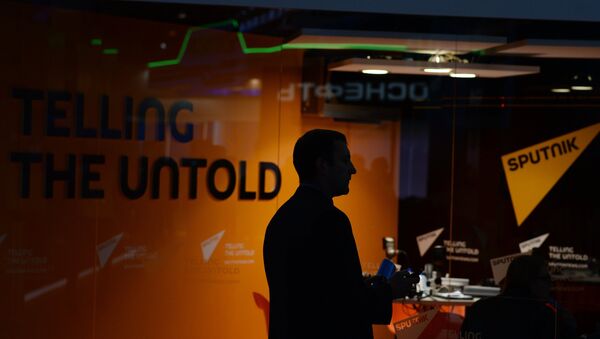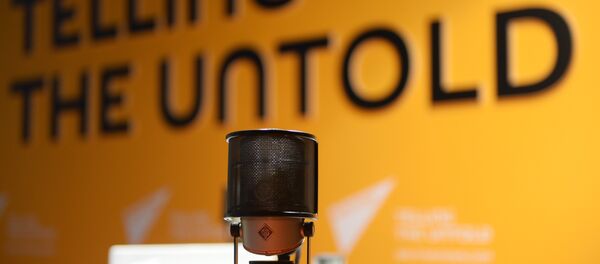Media reported earlier this week citing an unnamed adviser to the French president that Emmanuel Macron is positive about issuing accreditation to journalists from RT France and Sputnik. The presidential adviser stressed that both media received accreditation to World War I centenary commemorations that were held in the French capital on Sunday.
"I would like to hear the official confirmation from the Elysee Palace. But this attitude, even voiced by an unnamed presidential adviser, gives hope for a constructive approach by the authorities… For its part, Sputnik France is ready to support the initiative of Emmanuel Macron to combat real fake news, not undesirable media," Novikova said.
The situation around Russian media in the West has become increasingly difficult in recent years. In November 2016, the European Parliament voted in favour of a resolution to counter alleged Russian anti-EU propaganda. According to the document, media such as Sputnik and RT pose a danger to European unity, and thus extra European Commission funding is needed for counter-propaganda projects. Russian President Vladimir Putin said the resolution proved that Western democracy was failing, but expressed hope that common sense would prevail and Russian media outlets would be able to work abroad without restrictions.
A number of Western politicians, including those in the United Kingdom, the United States and France, have accused Sputnik and RT of interfering in elections and spreading propaganda, without providing any evidence. In September, UK Prime Minister Theresa May even warned members of parliament against appearing on RT, arguing that they allegedly risk being used as a "tool of propaganda for the Russian state." Russian officials have repeatedly stressed that Moscow does not meddle in other countries' affairs and pointed out that the allegations of Russia tampering with votes in other countries had been unsubstantiated.



